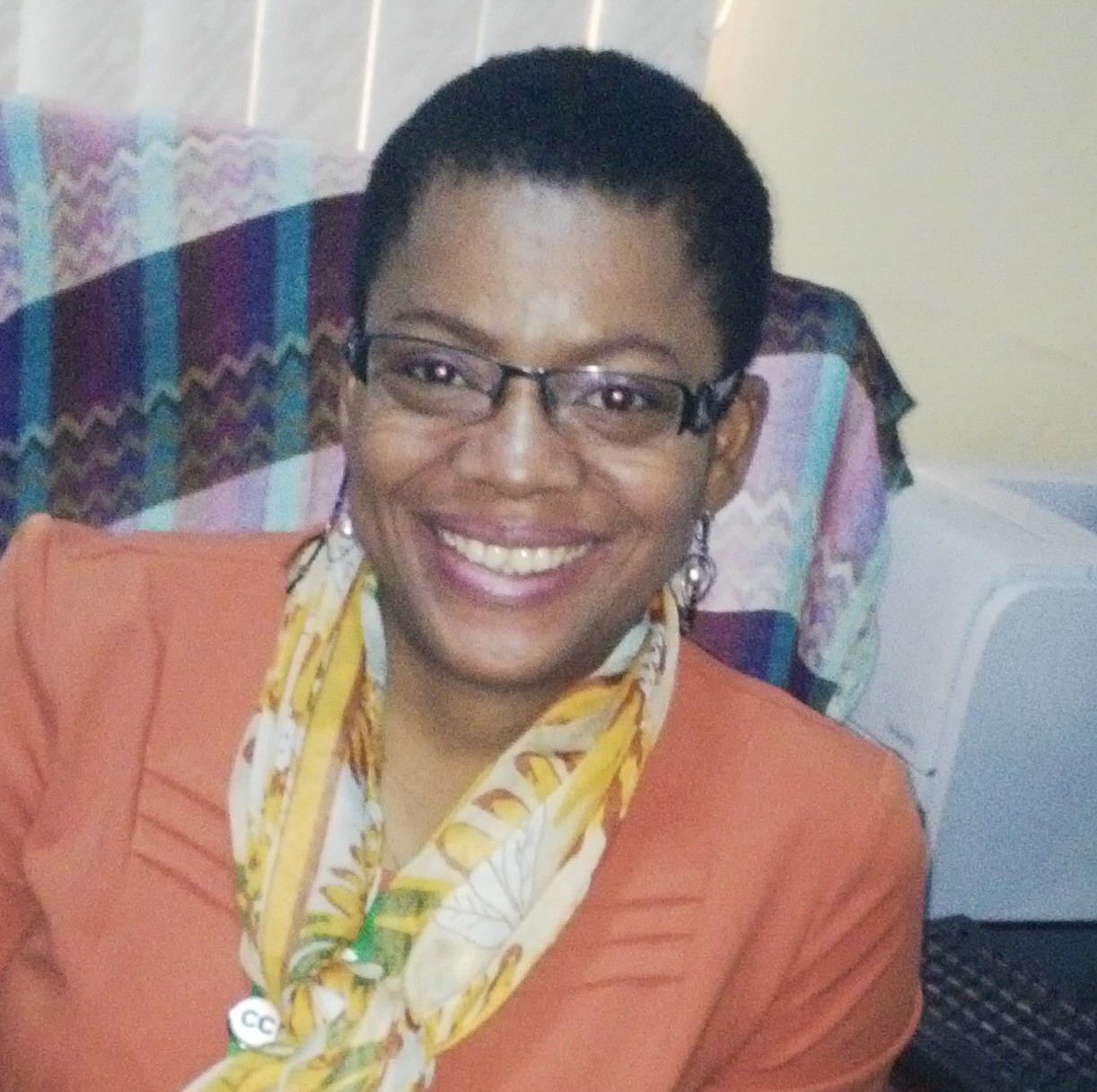We are extremely happy to report that Professor Jane-Frances Obiageli Agbu has accepted our invitation to keynote at the 2017 World Learning Summit. Among many other things, Jane-Frances was until recently the Head of the Open Educational Resources – Massive Open Online Courses (OER-MOOC) Unit at the National Open University of Nigeria (NOUN). She works closely with UNESCO and with the Openup Ed initiative.
 Given our main summit theme “Smart Universities” a likely question to raise is how that idea relates to Massive Open Online Courses, to African countries like Nigeria and to education as an aspect of urban and regional development. Please keep coming back to this blog to see how this theme develops as we approach the time of the summit.
Given our main summit theme “Smart Universities” a likely question to raise is how that idea relates to Massive Open Online Courses, to African countries like Nigeria and to education as an aspect of urban and regional development. Please keep coming back to this blog to see how this theme develops as we approach the time of the summit.
Courtesy of the European Union and UNESCO, we might quote from a recent story:
“Initially I did not really know much about OER, so I was curious and decided to learn more. In July 2013, I attended the Regional Workshop on OER for West African states, in Abuja, Nigeria. In a nutshell, we learnt that OERs are learning materials released under an open intellectual property license or in the public domain, allowing free-of-cost and legal reuse, revision, remixing and redistribution. MOOCs on the other hand are short courses aimed at unlimited participation and open access through the web. The underlining philosophy of ‘openness’ and ‘sharing’ of educational resources for the common good, especially those produced with government funds, was emphasized.”
The source story continues — read the rest of it here:
“In August, 2014, NOUN took the bold decision to embrace OER/MOOCs and created a dedicated unit for this. Astonishingly, I was asked to head this project. With the full support of UNESCO, the second Training Workshop on OER/MOOCs, for NOUN staff is taking place on February 3-6, 2015. This exercise aims to sensitize about 400 people, train 10 course writers on skills required to convert course materials into OERs and present proposals and design for NOUN MOOCs. The first set of OERs will be uploaded on the NOUN OER portal at the end of the training workshop.”
With funding from the European Union, UNESCO is assisting the university in transforming all the courses into open-licensed Open Educational Resources (OERs) as well as open-licensed Massive Online Open Courses (MOOCs) to attract very large numbers of young Nigerians to access high-quality higher education. With over 180,000 enrolled students, NOUN is the 2nd largest university in Africa with 1,500 courses at Bachelors, Masters, and PhD level. This is the Jane-Frances’ story.OpenupEd project is carried out by UNESCO with the support of the European Commission, DG Education and Culture, under the Lifelong Learning Programme.”
—
About OpenupEd: Read more about it here.
- OpenupEd is an open, non-profit partnership offering MOOCs that contribute to open up education – much to the benefit of individual learners and the wider society.
- The vision is to reach out to all those learners who are interested to take part in online higher education in a way that meets their needs and accommodates their particular situation.
- The project aims to provide guidance to enhance the development and implementation of national OER strategies through increased international cooperation
- The main characteristics of the project are: learner-centred, openness to learner, digital openness, independent learning, media-supported interaction, recognition options, quality focus, spectrum of diversity
A note from Jane-Frances, published on the Creative Commons site:
Published by Creative Commons on November 1, 2016, please find the below statement an inroad to the kind of work Jane-Frances and her colleagues do: Naturally, with whatever knowledge we have, we want to be the “sage on the stage rather than a guide on the side”. This famous statement from Allison King brings back floods of memories for me. I can still visualize my former professors speaking eloquently in class, filling students with respect and awe. I felt anxious and wondered if I could ever get to be as knowledgeable as my professors. They were knowledge personified. But for me, open education has demystified this sort of reverence toward dissemination of knowledge. Open Educational Resources—with its five Rs (retain, reuse, revise, remix, redistribute) and the flexible license options of Creative Commons—has humanized and democratized teaching and learning. Surely there are some that still believe in sole ownership of knowledge. Those people will continue to feel threatened by the ‘open movement’, but we’ve seen the incredible opportunities of open education, and we’ll continue on our path.
